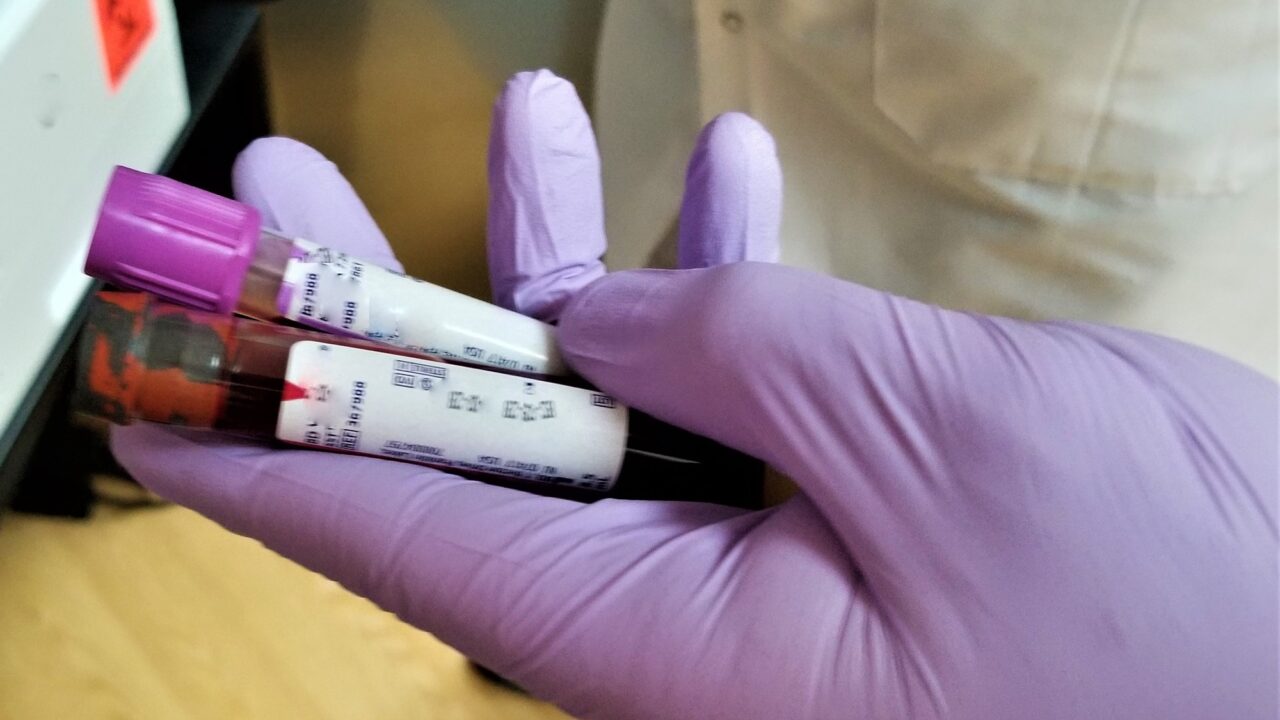UT MD Anderson and Texas Children’s Hospital announce $150 million gift from Kinder Foundation to launch Kinder Children’s Cancer Center
The University of Texas MD Anderson Cancer Center and Texas Children’s Hospital announced a $150 million gift from Kinder Foundation. The transformational gift creates Kinder Children’s Cancer Center, a joint venture of UT MD Anderson Cancer Center and Texas Children’s Hospital, with a single mission: to end childhood cancer. The gift is one of the largest philanthropic donations made to an American pediatric hospital and one of the largest in the history of the Texas Medical Center (TMC). With this...










